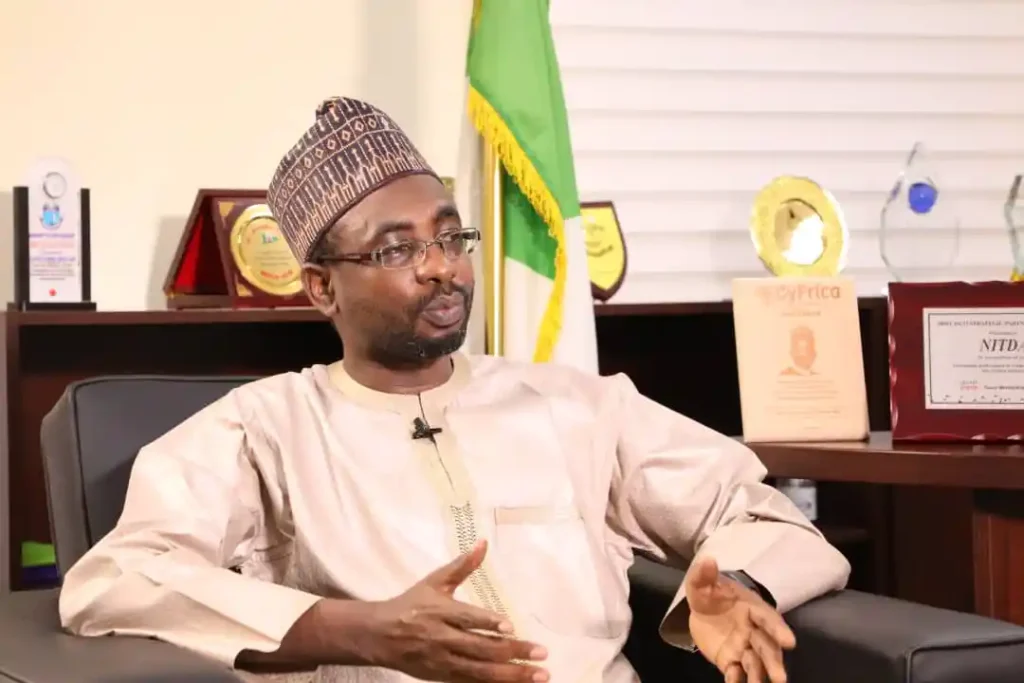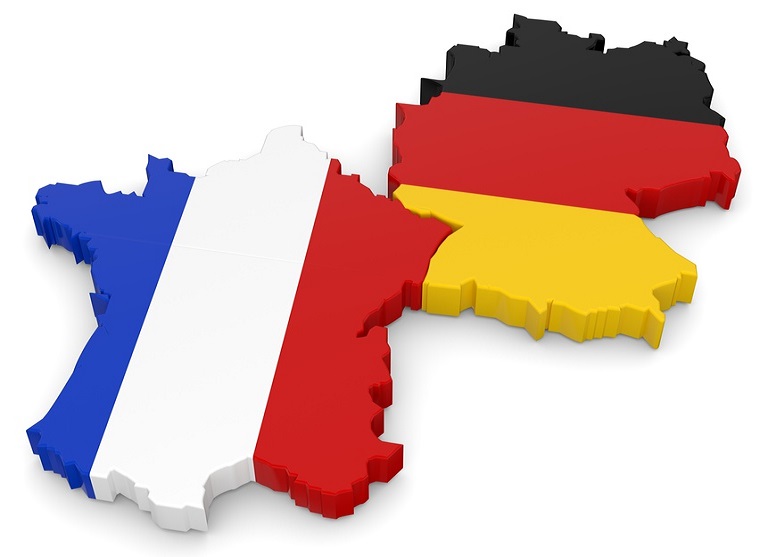
The National Information Technology Development Agency (NITDA) is taking strong steps to boost Nigeria’s digital capacity. Through a strategic plan, NITDA is working to achieve 95% digital literacy across the country by 2030. This ambitious goal reflects the agency’s commitment to equipping Nigerians with the digital skills needed to compete globally.
The NITDA digital literacy initiative focuses on inclusiveness and sustainability. The agency is expanding training programs and forming new partnerships to reach students, teachers, and underserved communities. At a recent meeting in Abuja, NITDA’s Director-General, Kashifu Inuwa, reaffirmed the agency’s plan to build digital infrastructure and deliver nationwide access to learning tools.
To meet its target, NITDA is collaborating with the Universal Basic Education Commission (UBEC). This partnership will enable both organizations to integrate digital learning into classrooms and teacher training programs. UBEC has pledged its support and emphasized the need to prepare children for a tech-driven world.
The collaboration will focus on creating smart classrooms, developing digital content, and training educators. NITDA will supply technical expertise and help build the platforms. UBEC will ensure that learning materials are available in all regions and aligned with the national curriculum. Together, both agencies will reach public schools in rural and urban areas.
The NITDA digital literacy initiative is already gaining attention. Several states have adopted digital training for teachers, and students are learning how to use devices for academic work. Communities are gaining access to computer labs, and young people are learning how to code, manage data, and explore artificial intelligence.
Inuwa explained that the goal is not just to teach people how to use computers but to help them create solutions. He said digital literacy includes cybersecurity awareness, critical thinking, and content creation. NITDA wants to build a generation of innovators and problem-solvers, and UBEC’s role in this mission is vital.
The partnership supports Nigeria’s National Digital Economy Policy and Strategy. It aligns with the government’s plan to boost ICT growth, reduce unemployment, and increase productivity. With more Nigerians able to work online, new jobs and businesses will emerge. This will also help reduce poverty and improve education outcomes.
Both agencies stressed that local content will be prioritized. The goal is to ensure that learning tools reflect Nigerian realities and values. NITDA is working with local developers and content creators to build relevant platforms. UBEC is also engaging stakeholders to ensure smooth integration into schools.
Kashifu Inuwa thanked UBEC for its commitment and highlighted the importance of collective action. He said progress is only possible when agencies work together. By 2030, he believes Nigeria will be among the leading digitally literate nations in Africa.
Through focused leadership, practical goals, and strategic partnerships, NITDA is showing how digital transformation can begin at the grassroots. The agency is not only connecting Nigerians to the internet but preparing them to lead in a future driven by technology.



